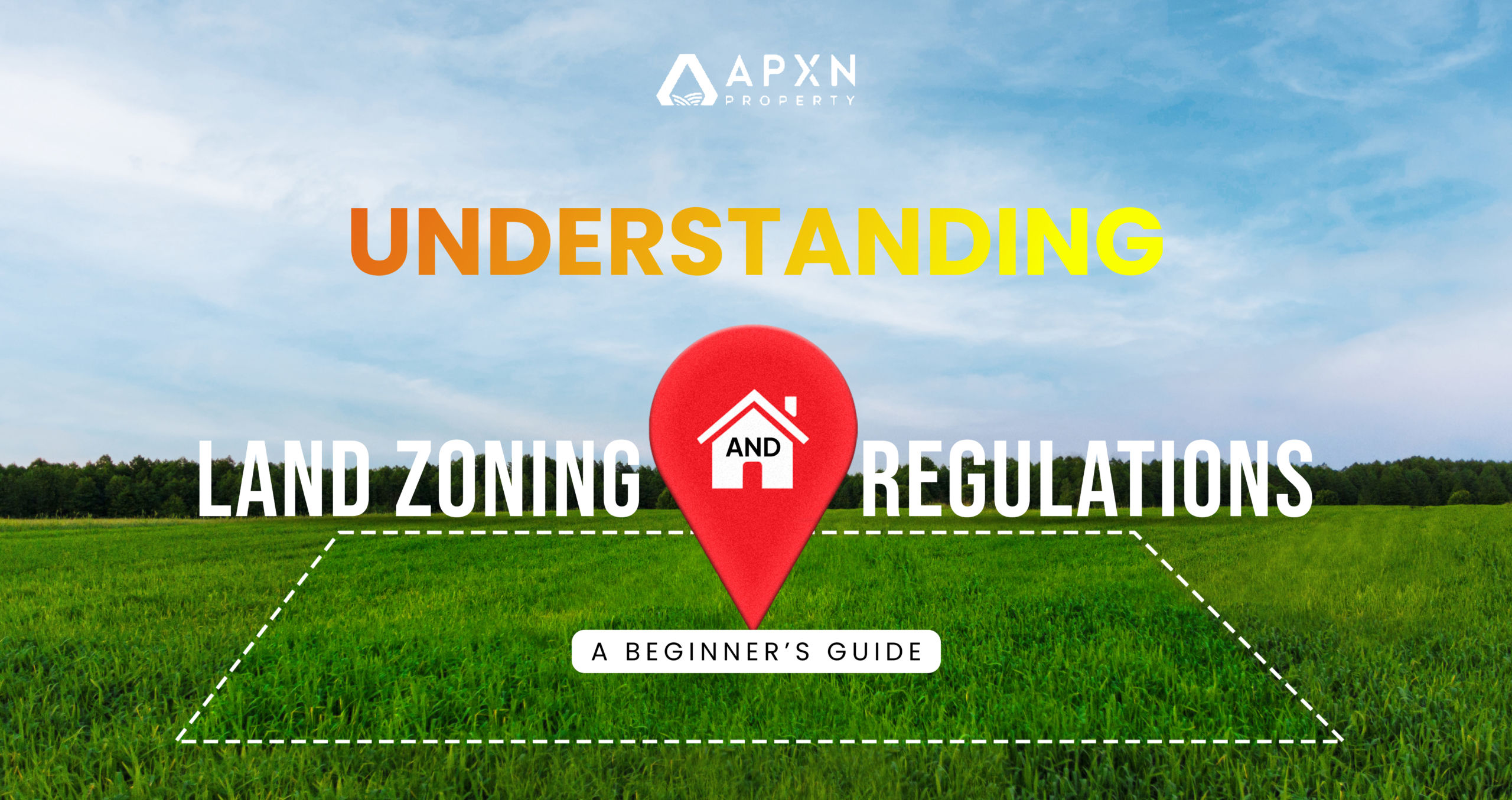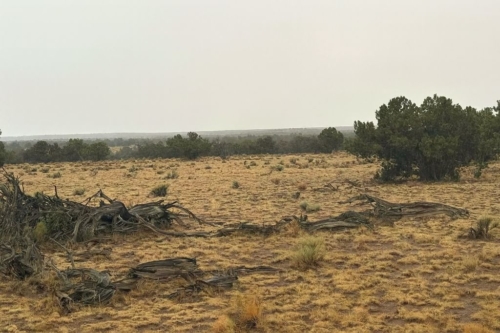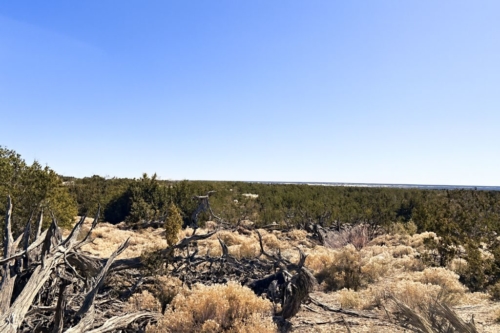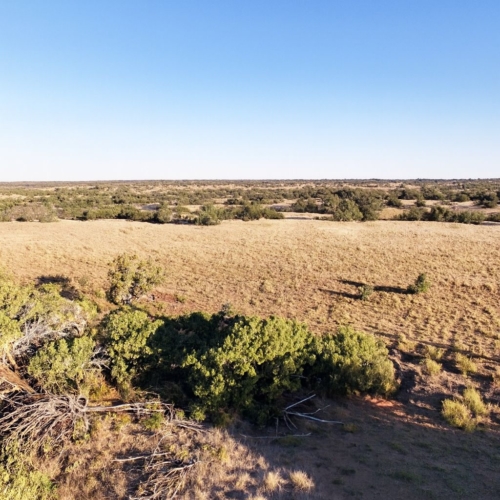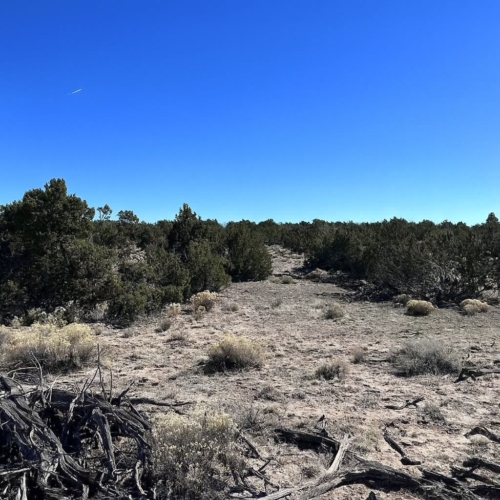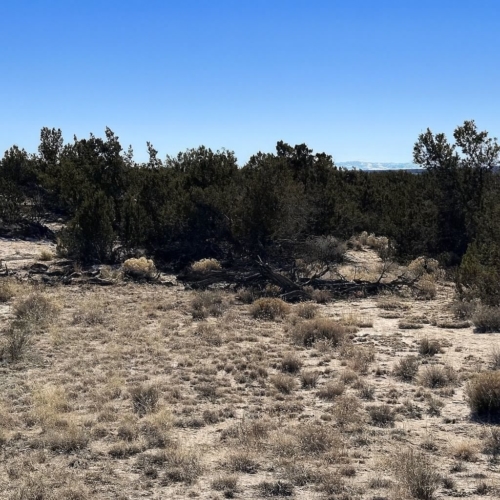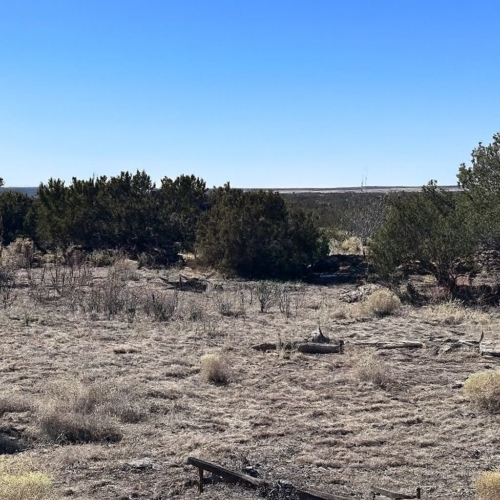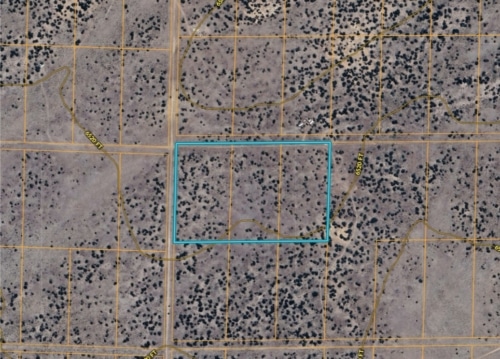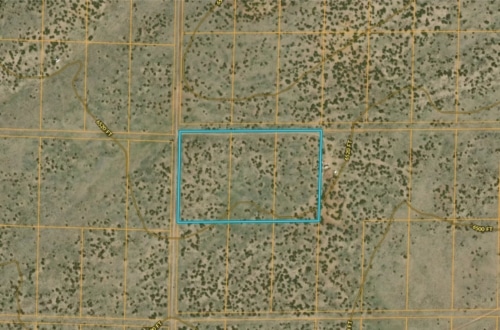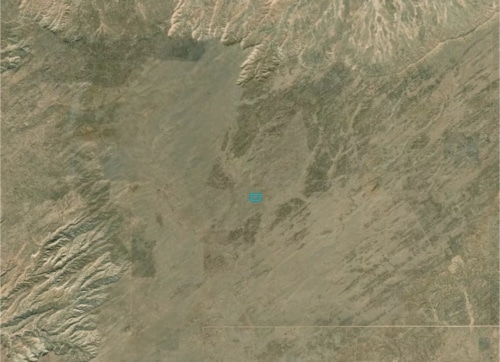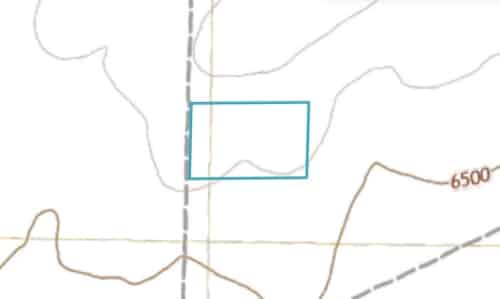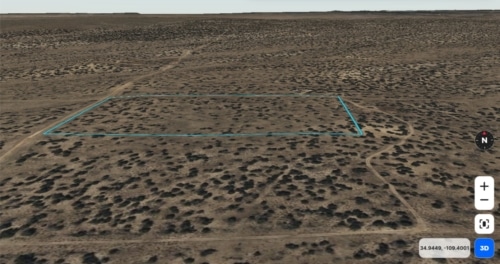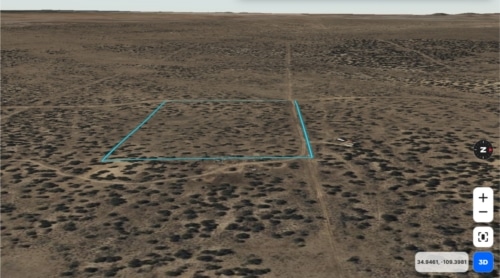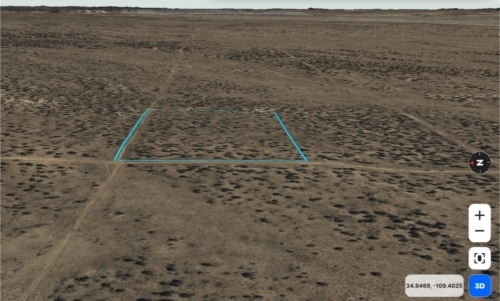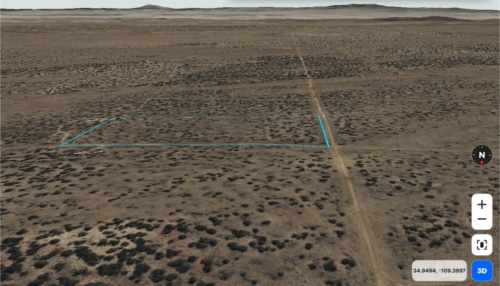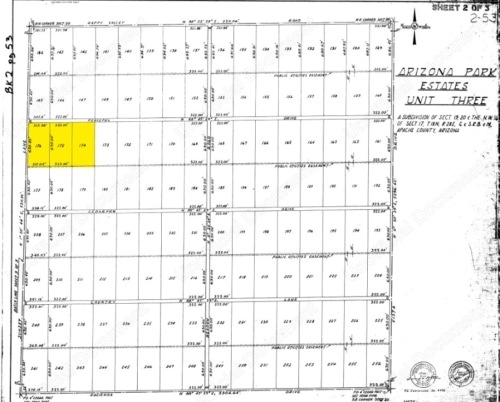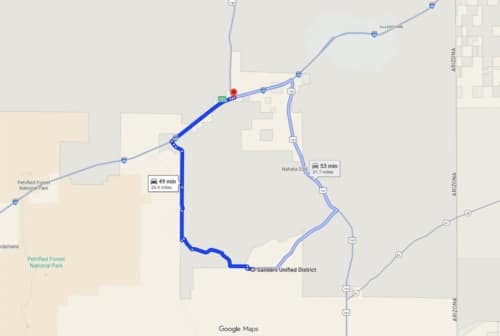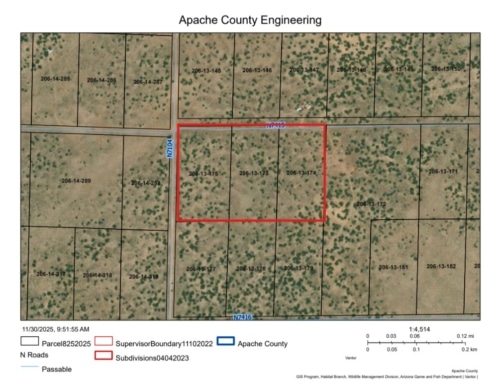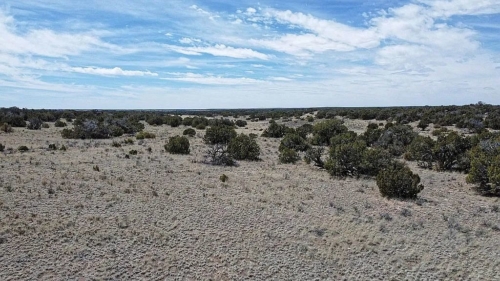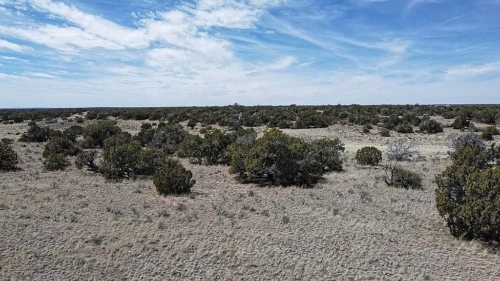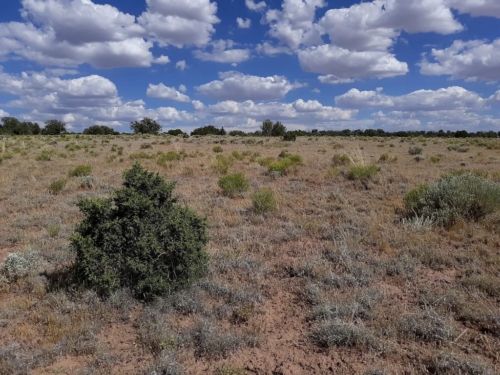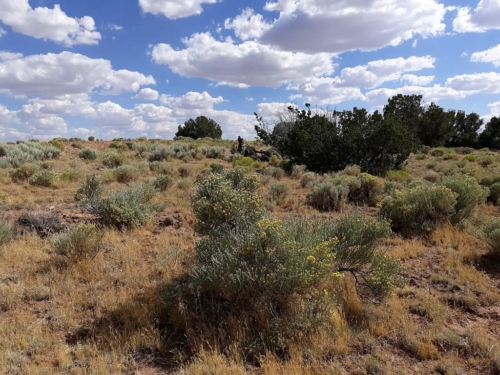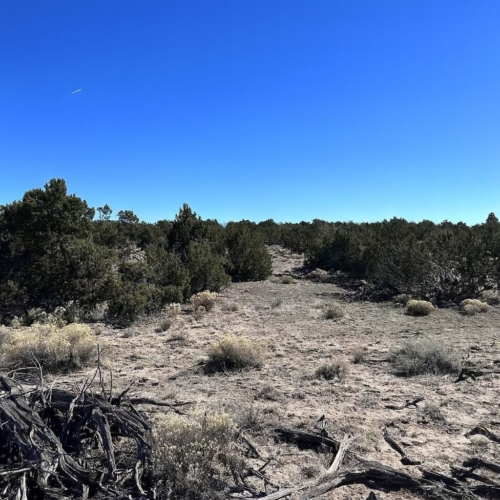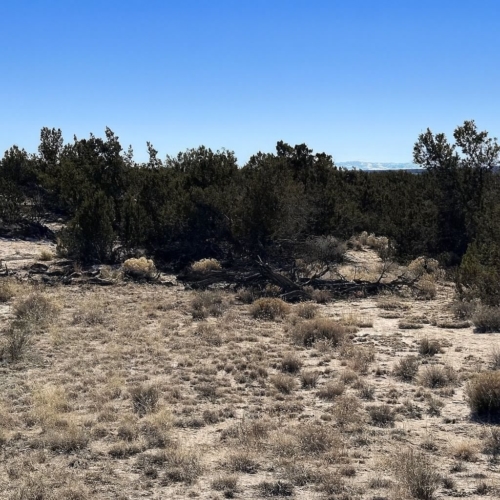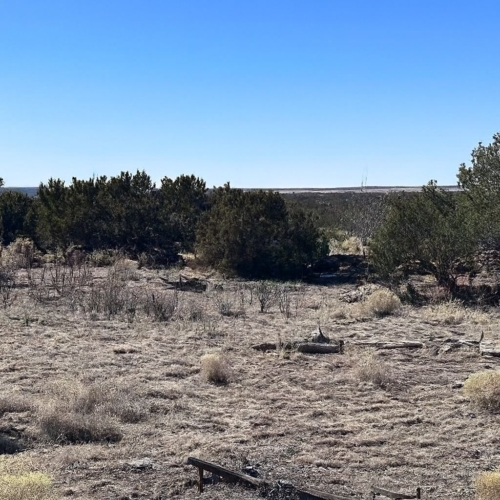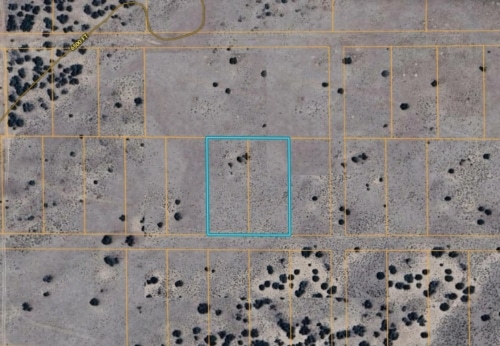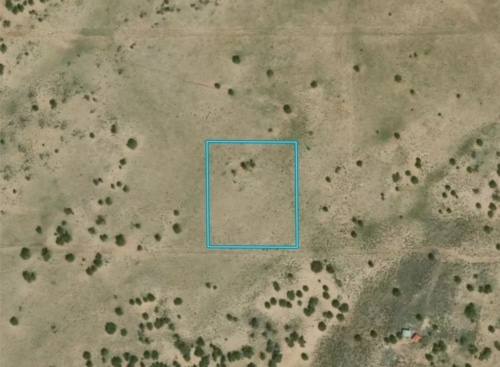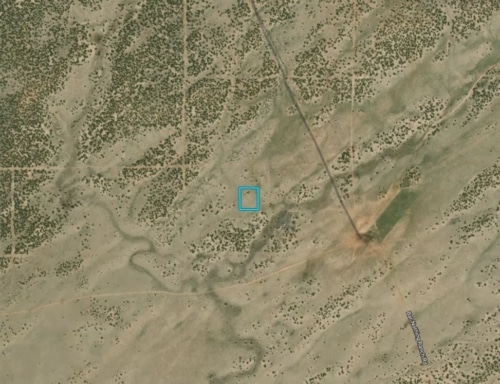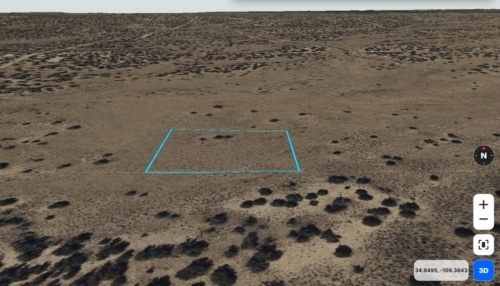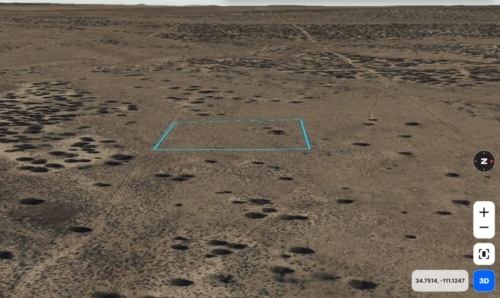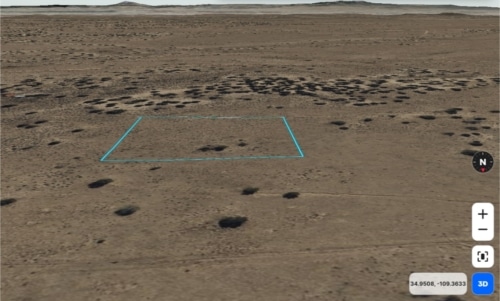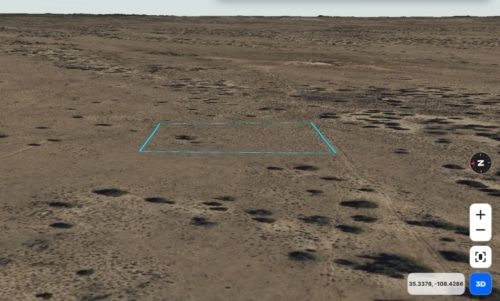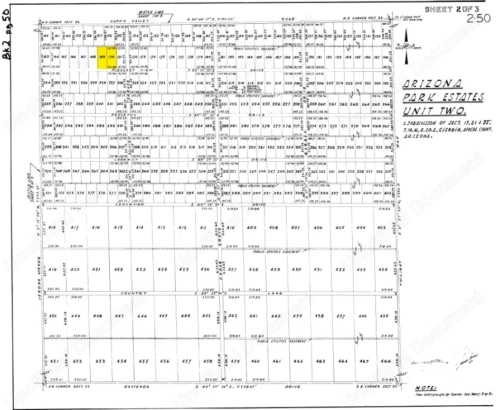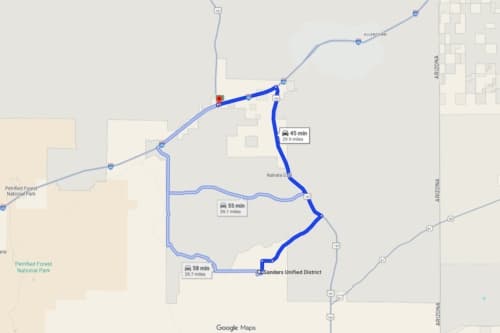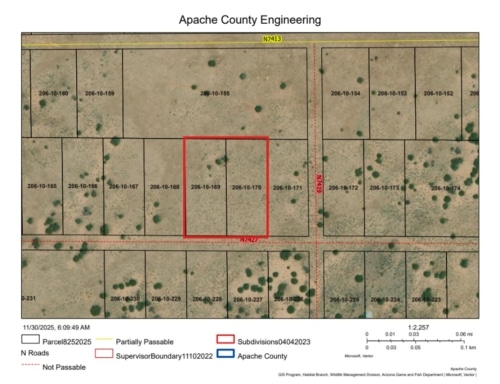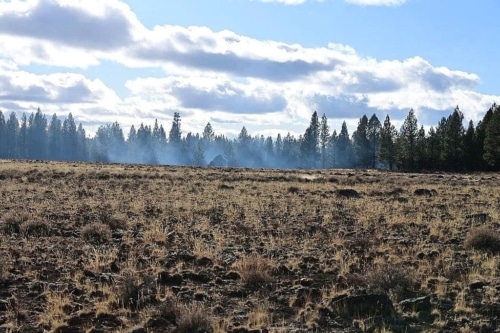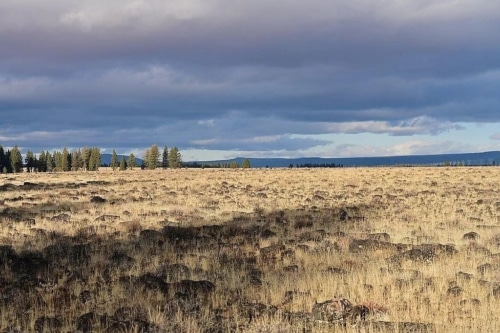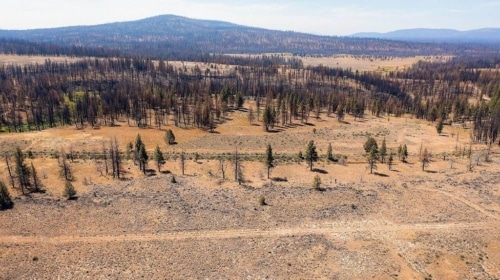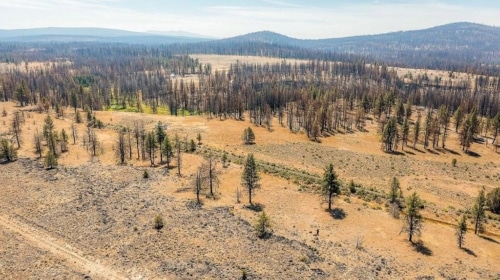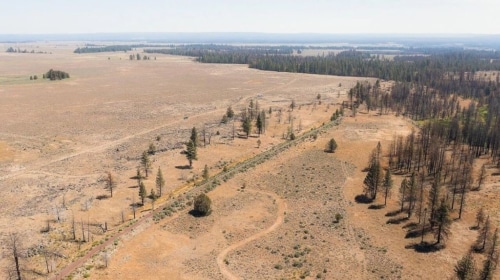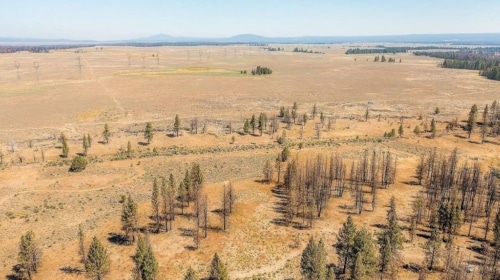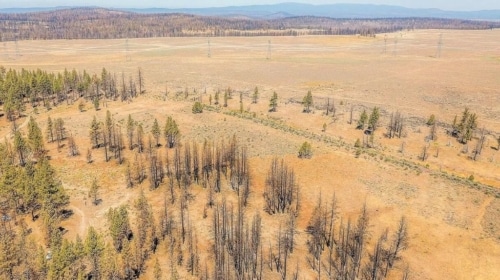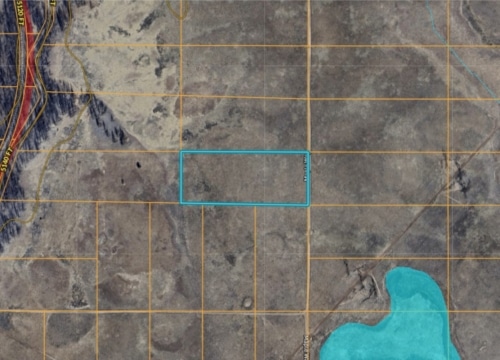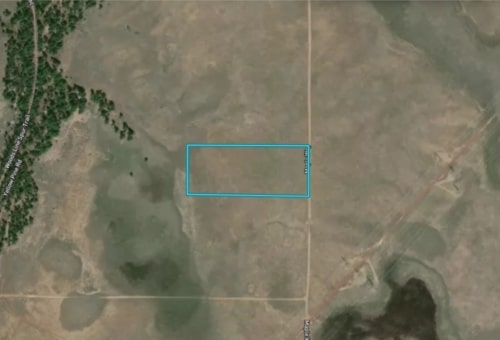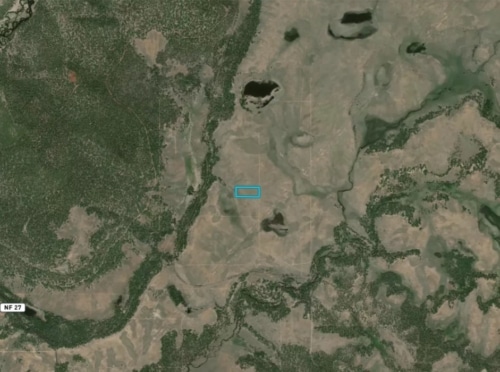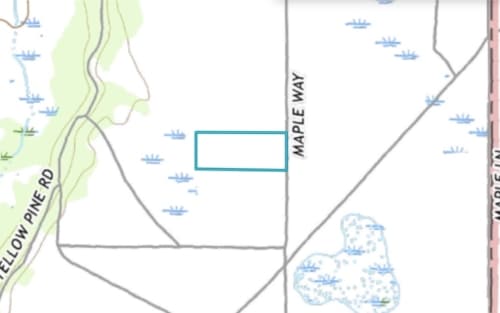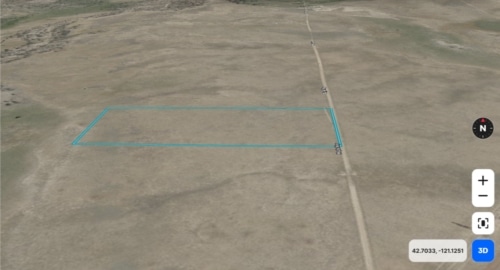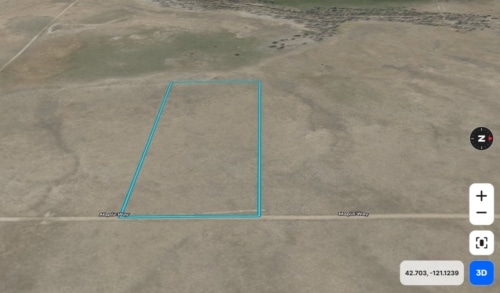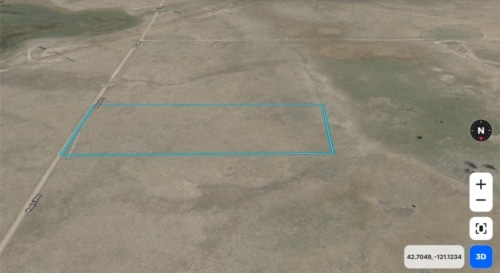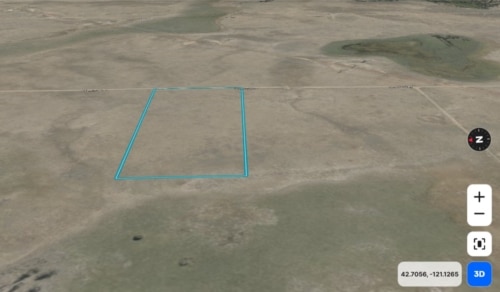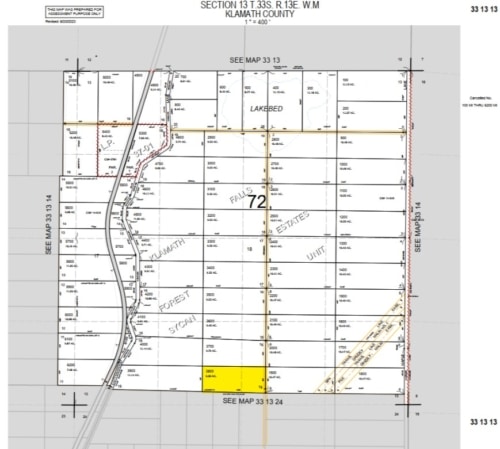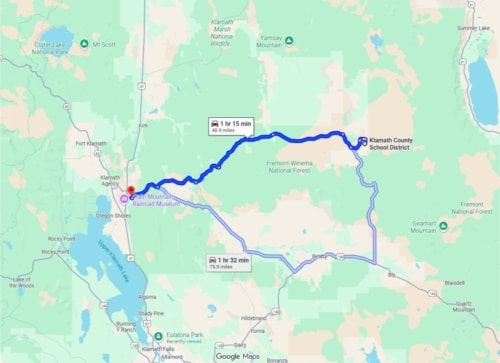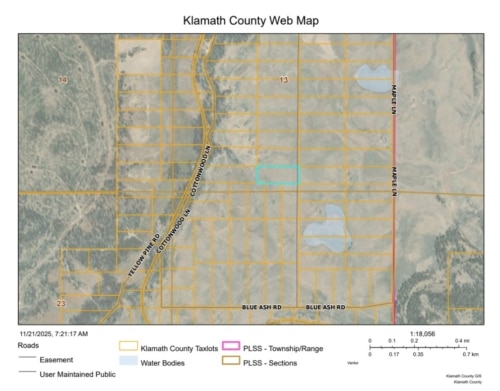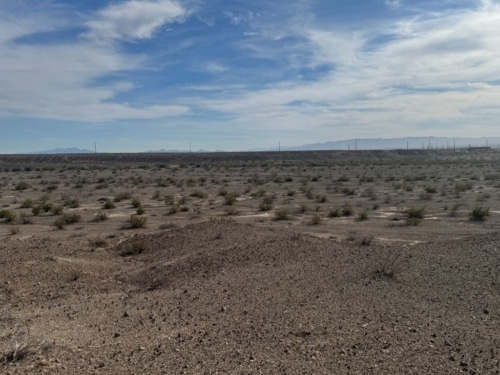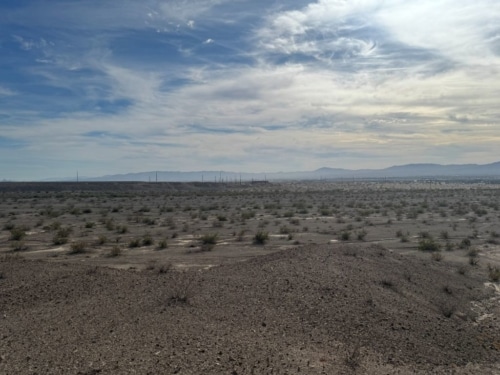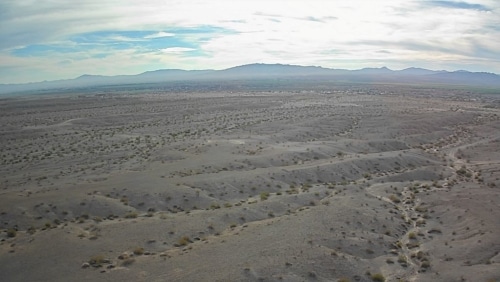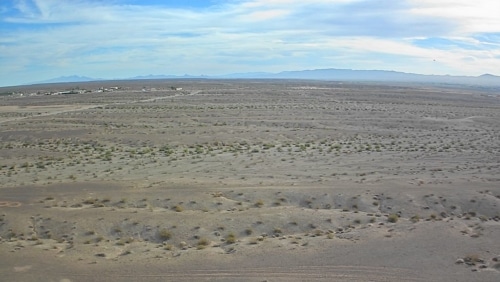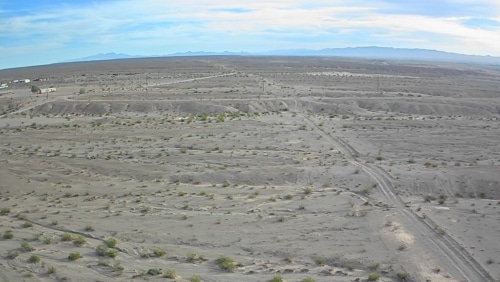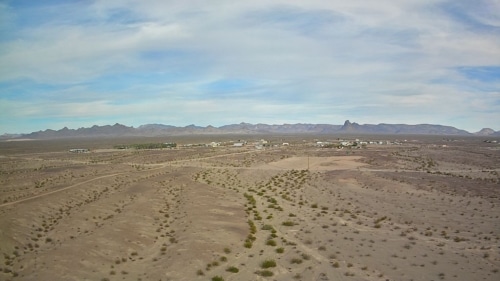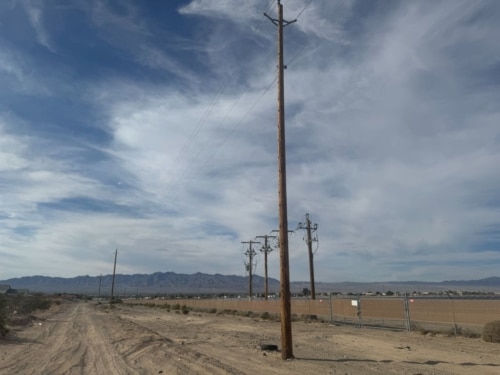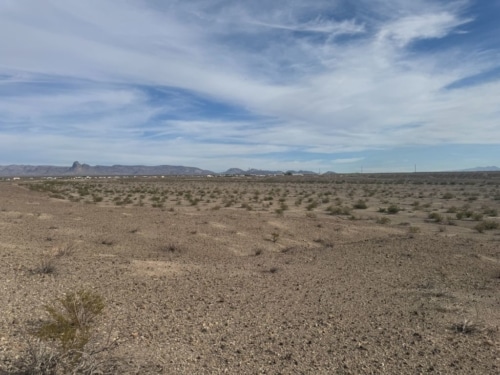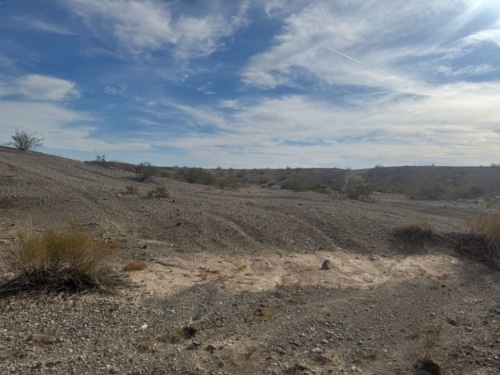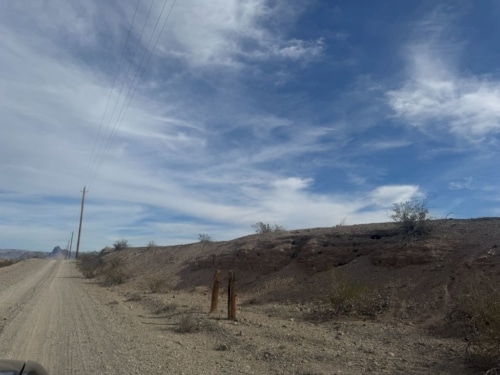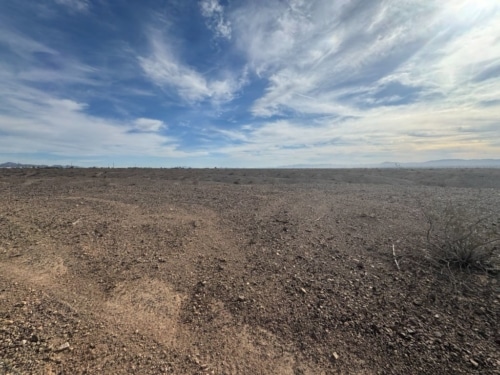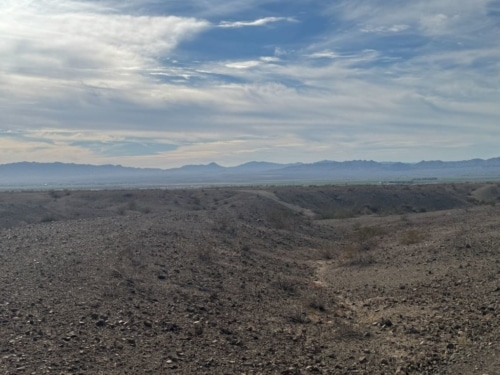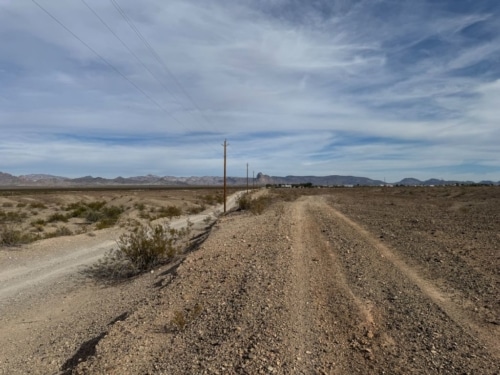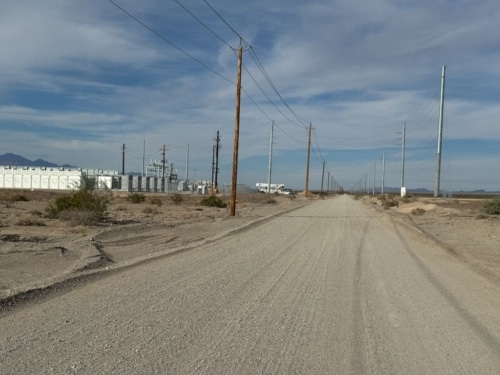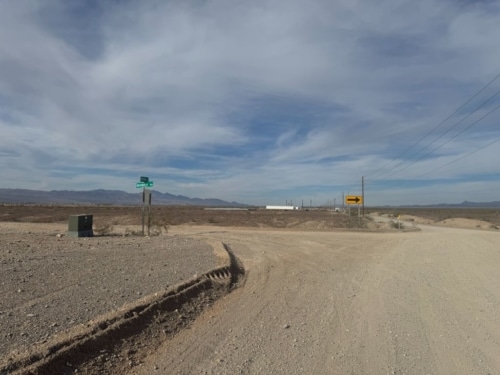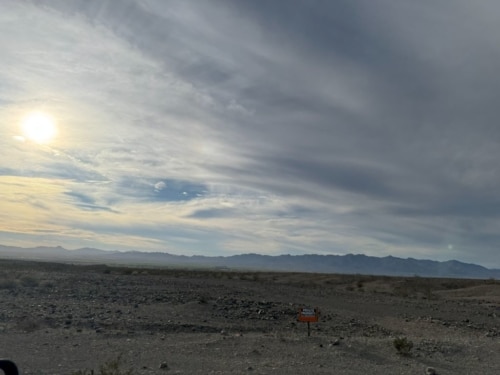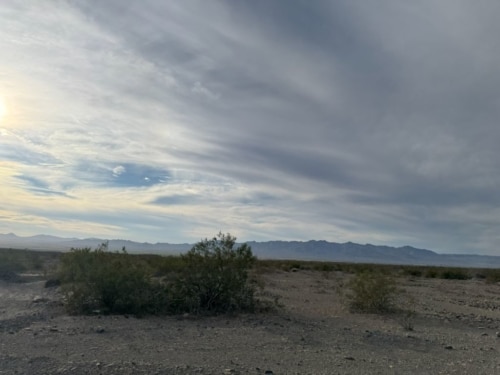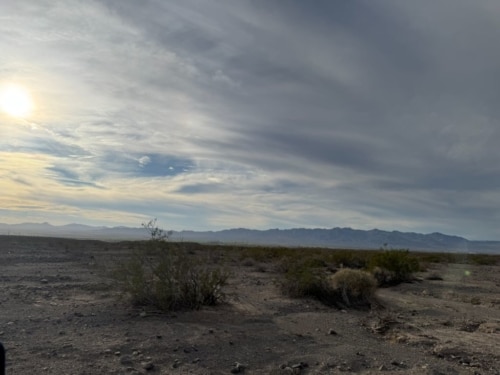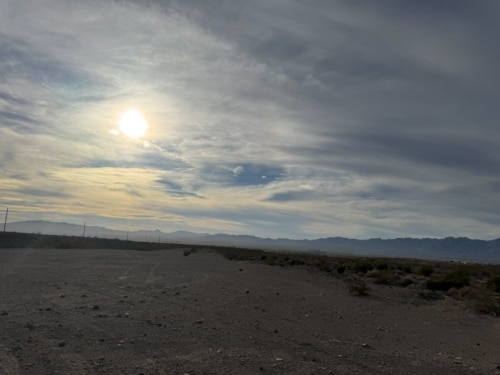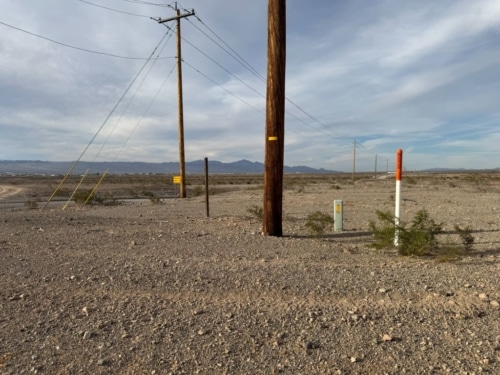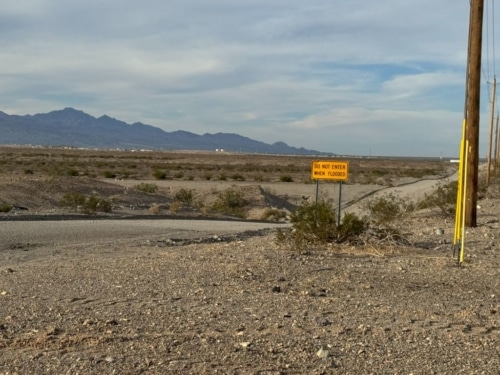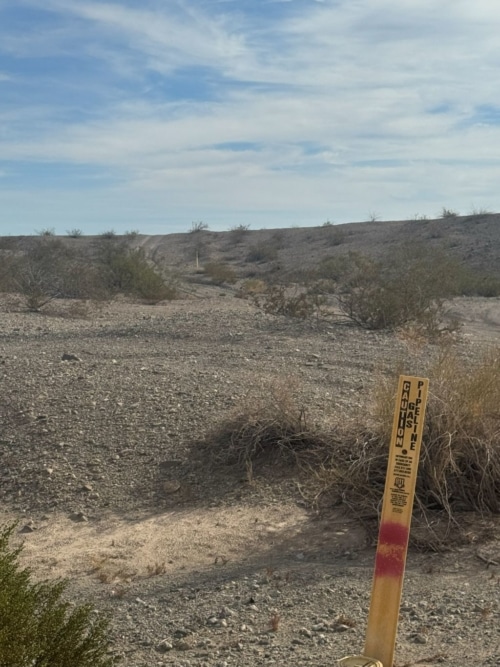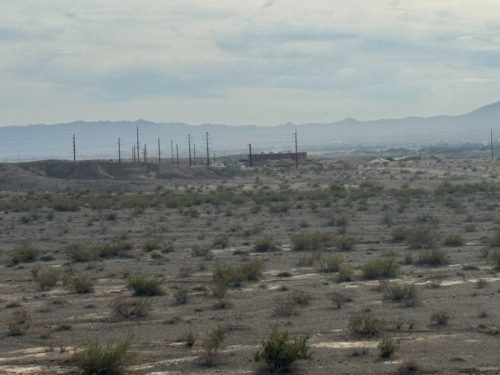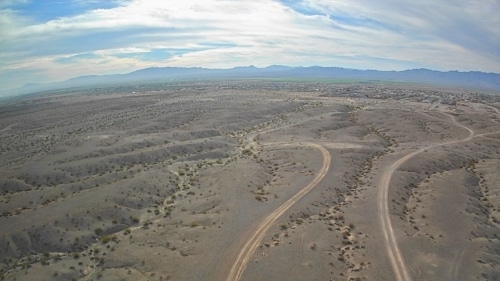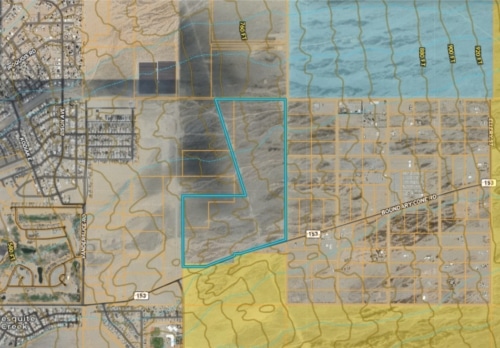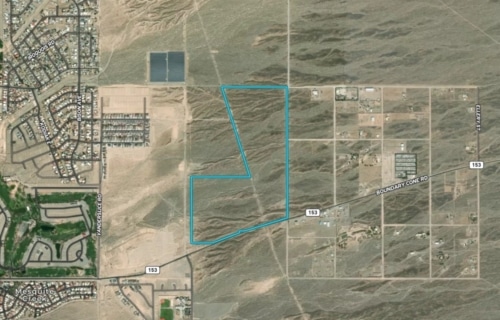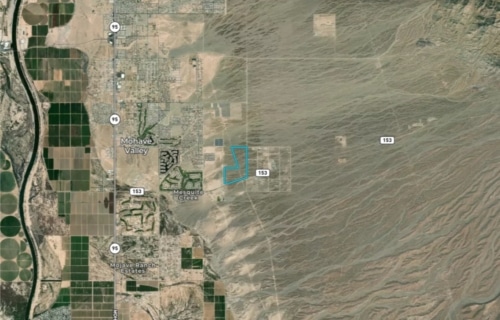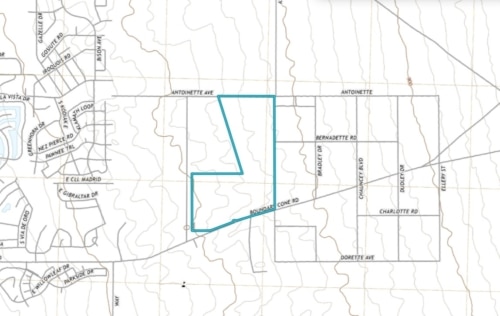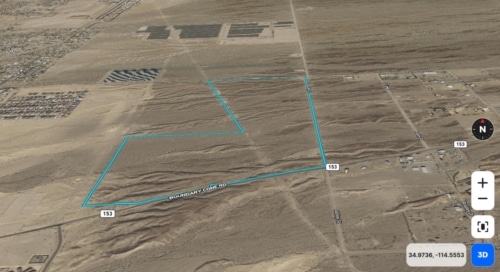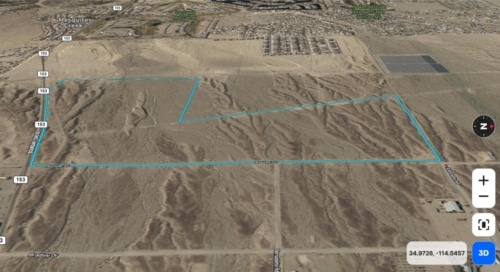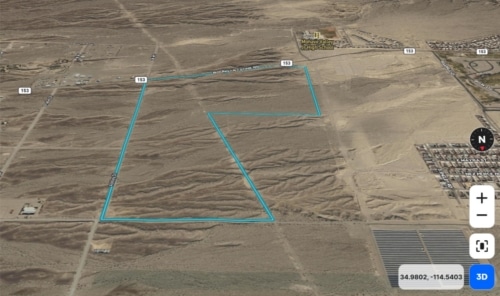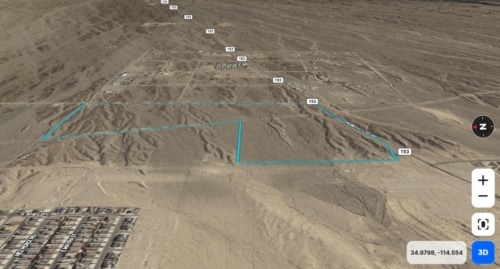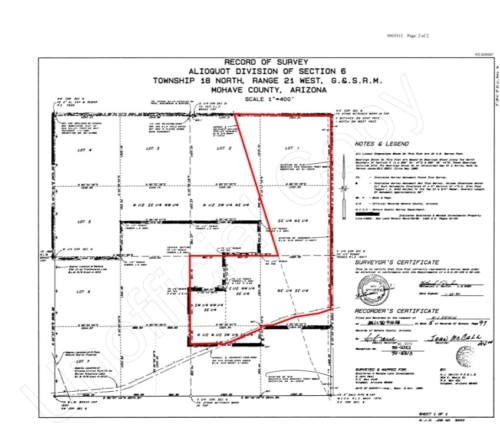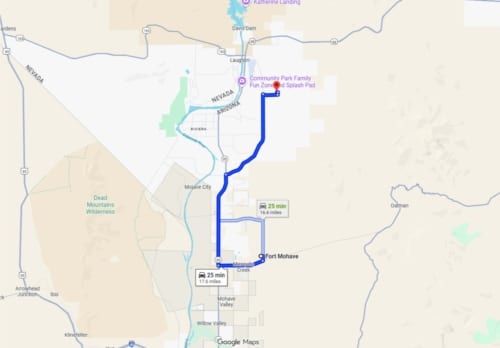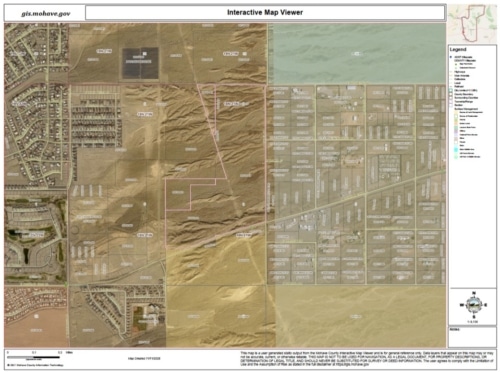Whether you are looking to buy land, develop property, or invest in land, understanding how zoning impacts your decisions is essential.
Understanding land zoning and regulations helps you know what you can and cannot do with a property. It defines land use, aligns land with development plans, and protects community interests. From residential neighborhoods to commercial areas, zoning plays a key role. This guide simplifies the concept for those interested in land ownership, development, or land investment in the United States.
If you plan to invest in land, you need clarity on zoning to make informed, valuable choices.
Table of Contents
What is Land Zoning?
Land zoning is the method that local governments use to regulate land usage and restrictions. It helps organize cities and towns into specific sectors or zones. The rules in each zone specify the types of use, structures, and activities that are permissible in that area.
Understanding land zoning and regulations also ensures that landowners know what is permissible and the limitations. It separates incompatible land uses, such as keeping heavy industrial zones away from residential areas. This reduces conflicts, maintains safety, and promotes balanced development.
Zoning can be very detailed, but understanding zoning codes can increase the value of the land and ensure it meets the buyer's needs. Depending on location, zoning codes differ but there are some general types of zoning. For instance, a Residential zoned property might allow only single-family homes, while a Commercial zoned property might allow retail businesses. By understanding the law of zoning and land use , landowners and investors can better plan for development, resale, or use.
Zoning is determined at the local level, and rules vary by city, county, and state. That is why land zoning research is vital before any land deal.
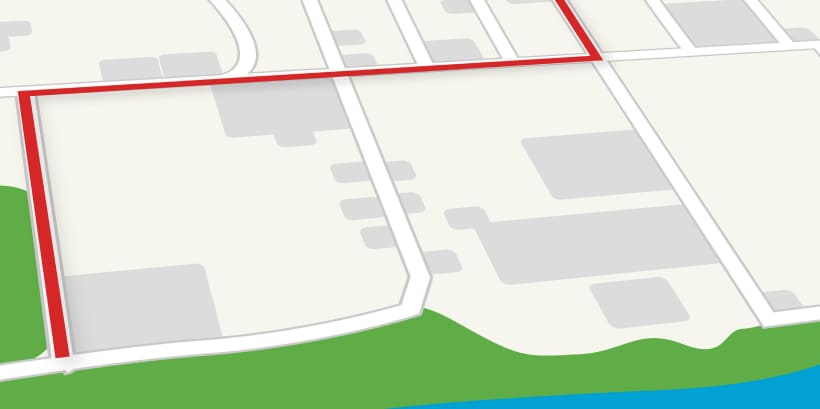
Land Zoning Codes Examples
A key part of understanding land zoning and regulations is recognizing how land zoning codes are implemented across different U.S. counties. Though terms like Residential and Commercial are common nationwide, their definitions can vary based on local zoning ordinances. This section provides land use zoning examples from Arizona, Oregon, and Missouri to help in understanding zoning codes and their real-world implications.
Residential Zoning
If you are looking to invest in Arizona counties like Apache, Mohave and Navajo, you might come across the "R" zones. Residential zoning refers to areas designated for low-density, single-family residential use. Lot size requirements can range from 6,000 to 12,000 square feet depending on the county. This zoning restricts multi-family dwellings and encourages suburban and rural development patterns, making it essential for understanding the law of zoning and land use controls in Arizona.
In Missouri counties like Benton Jefferson and Franklin, Residential (R1) zoning is designated for single-family homes on medium to large lots. It often includes rules about building setbacks, maximum height, and accessory buildings. If you are investing in land in Missouri, understanding land zoning and regulations like R1 ensures that your development complies with local residential character and density limits.

Commercial Zoning
To understand the importance of Commercial (C2) land zoning, let's take a look at Oregon's Klamath County. This county applies Commercial zoning to allow for general commercial use, including retail, services, and office space. This zoning promotes economic development while managing traffic and infrastructure demands. It supports mixed-use development in some areas, which is vital when doing land zoning research or planning a land investment strategy

What are the Types of Land Zoning?
There are generally 7 types of land zones that help authorities to grade them with land zoning codes in the United States. To go ahead with your land investment plans, knowing these general zoning categories is key to understanding land zoning and regulations.
- Residential Zoning—Among "what are the 7 types of land use zones", this zoning type covers areas where homes are built. This includes single-family, multi-family, and apartment housing.
- Commercial Zoning—Applied to spaces used for business activities such as retail, offices, and restaurants.
- Industrial Zoning—Used for factories, manufacturing units, and large-scale storage facilities.
- Agricultural Zoning—Designated for farming, livestock, and rural purposes.
- Recreational Zoning—Includes parks, nature reserves, and sports facilities.
- Institutional Zoning—Covers schools, hospitals, and government buildings.
- Mixed-Use Zoning—Combines residential, commercial, and sometimes industrial uses within the same zone.
Each type plays a role in planning and development. Familiarity with land zoning types helps you align your goals with what is permitted.
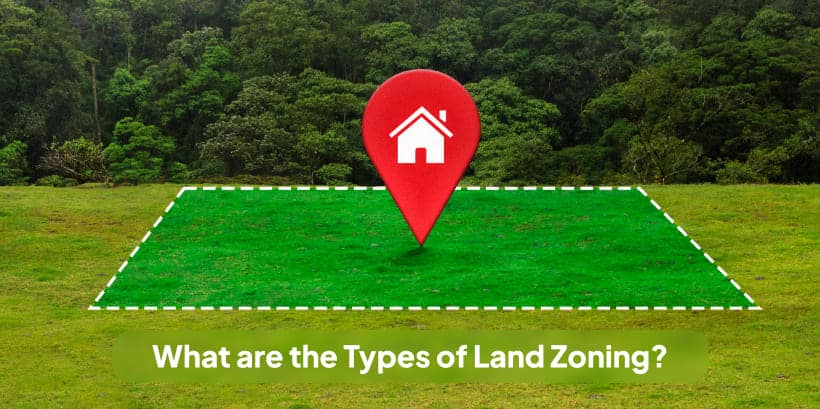
What are Land Zoning Regulations and Zoning Codes?
Land zoning and regulations are established through zoning ordinances and land zoning codes. These codes outline land usage for example, building height, lot size, setbacks, and density, and other uses; for example, camping. Understanding zoning codes allows property owners to know what they can build for what purpose and what they can do on their land.
Local planning departments are responsible for enforcing land use control and regulations. These controls aim to prevent overdevelopment, protect the environment, and preserve the character of communities.
Staying informed about land zoning explained in municipal codes helps avoid violations and legal actions. It also supports sustainable development and protects your land investment.

What are the Limits on Zoning Regulations?
While understanding land zoning and regulations, it is important to remember that it may limit what the landowner can use the property for. here are some common land zoning restrictions that can apply to land.
- Zoning must follow property rights.
- Regulations cannot discriminate or be arbitrary.
- Public hearings are often required for rezoning.
- Owners can request variances under certain conditions.
- Courts can challenge unlawful zoning practices.
Understanding land zoning and regulations requires awareness of these boundaries. If overstepped, they may lead to legal disputes or financial loss. Being informed can safeguard your plans to buy or invest in land wisely.

What are the Challenges to Zoning Regulations?
- Changing community needs often don't align with old zoning laws.
- Opposition from residents to rezoning efforts.
- Zoning laws may limit development potential.
- Bureaucratic delays can stall projects.
These issues highlight the importance of understanding the law of zoning and land use controls. Whether you seek land for sale or plan development, knowing the obstacles helps in strategic planning. You can also explore our comprehensive land-buying guide for detailed knowledge regarding challenges and potential solutions that will ensure a hassle-free land-buying journey.

Things to Consider When Buying or Investing in Land
Finally, to set sail your land investment plans, along with understanding land zoning and regulations, consider the following.
- Research local land zoning codes to make sure the land meets your needs.
- Check for any zoning restrictions.
- Contact the planning department for current zoning maps.
- Confirm access to utilities and road infrastructure.
- Explore neighboring land use and future development plans.
- Consider the potential for rezoning.
- Research the right financial option—whether a mortgage or owner financing—to fund your investment plans.
- Proper research into land zoning and regulations enhances the success of your land investment strategy.

Final Words
Understanding land zoning and regulations is a powerful tool for anyone looking to buy land, develop property, or expand a real estate portfolio. Whether you are exploring owner financing options or searching for the top states to buy land, zoning knowledge helps you avoid surprises. It protects your investment and ensures your goals align with local laws.
To explore the best opportunities, visit APXN Property. Here, you can also discover exclusive listings, zoning details, and expert insights to power up your next land investment or land purchase confidently.

